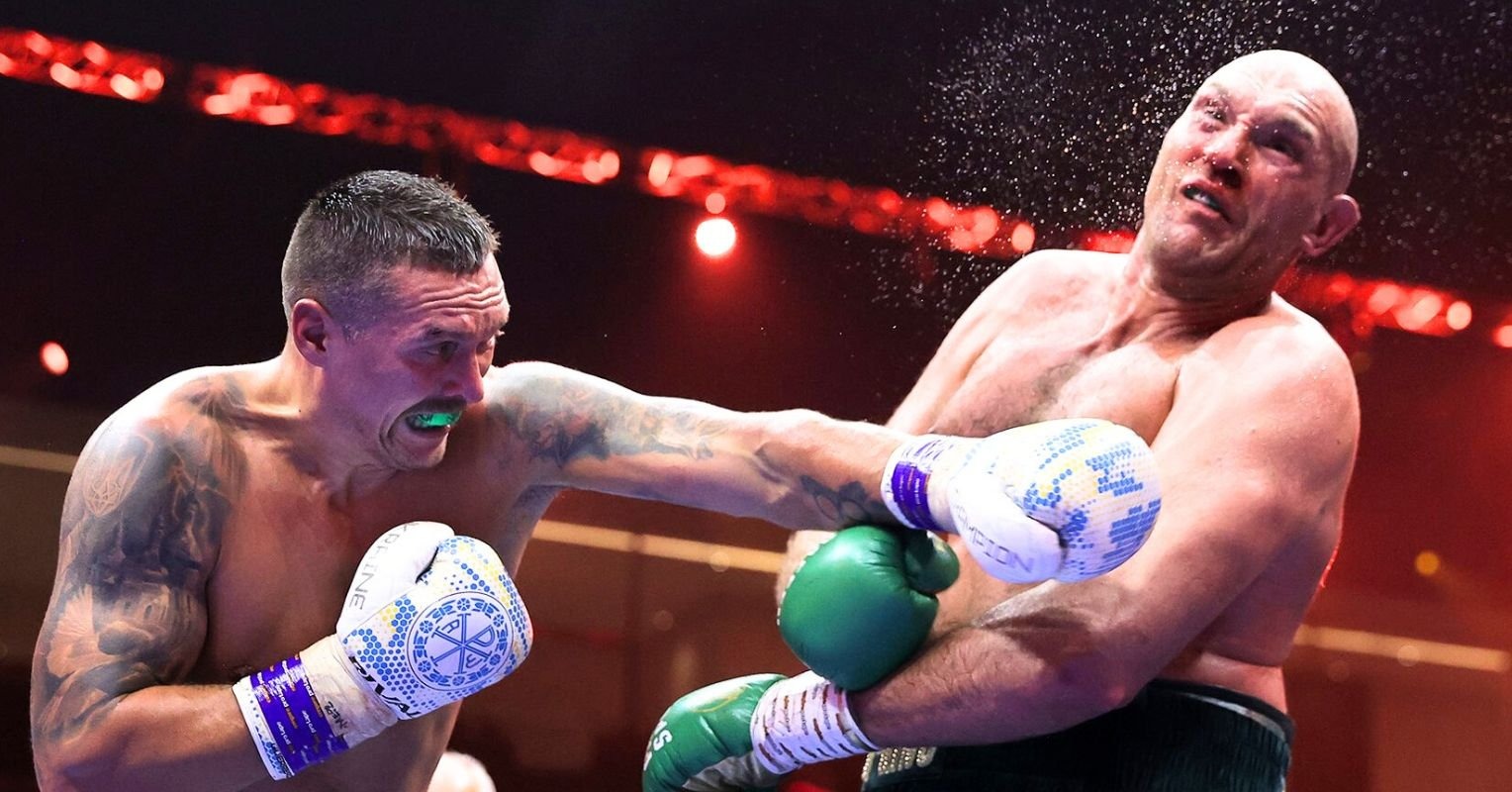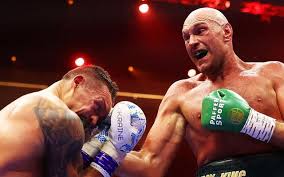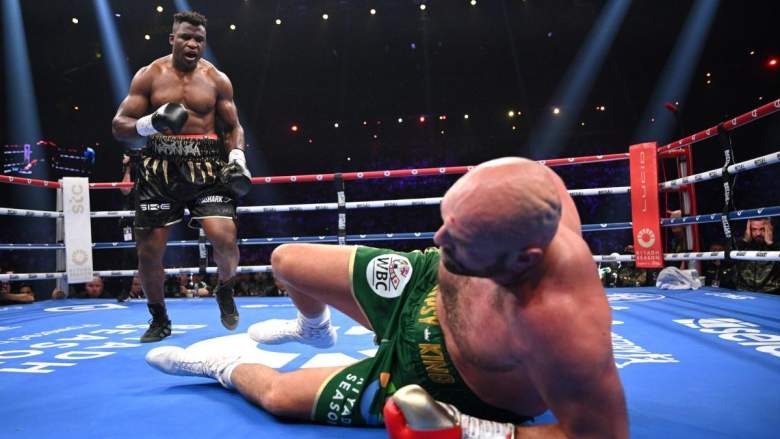Tyson Fury, known as “The Gypsy King,” has carved out an indelible legacy in the boxing world. His career is marked by extraordinary highs and devastating lows, with knockouts that nearly derailed his path to greatness. Yet, each time he faced adversity, Fury demonstrated unparalleled resilience, fighting his way back to the top in a remarkable journey of redemption.

One of the most significant turning points in Fury’s career came during his epic battle with Deontay Wilder. In their first encounter in December 2018, Fury found himself on the canvas twice, most notably in the twelfth round. Wilder’s powerful right hand and left hook combination sent Fury crashing down, seemingly unconscious. The crowd, commentators, and even Wilder himself believed the fight was over. However, in a moment that would become legendary, Fury miraculously rose to his feet, beating the referee’s count and finishing the fight strong, ultimately securing a draw. This moment epitomized Fury’s tenacity and refusal to surrender, even when defeat seemed inevitable.

Another dark hour for Fury came earlier in his career, during his bout with Steve Cunningham in 2013. Cunningham, a former cruiserweight champion, delivered a stunning right hand in the second round, knocking Fury down hard. Many doubted Fury’s ability to recover from such a blow. However, true to form, he got back up, adapted his strategy, and went on to knock Cunningham out in the seventh round. This victory showcased not only Fury’s physical resilience but also his tactical prowess and mental fortitude.

Fury’s battles in the ring, however, were mirrored by even greater battles outside of it. Following his historic victory over Wladimir Klitschko in 2015, which crowned him the unified heavyweight champion, Fury faced severe mental health issues, substance abuse, and significant weight gain. The toll of his personal struggles led to a nearly three-year hiatus from boxing, during which he was stripped of his titles and left in a state of deep despair.

At his lowest point, Fury contemplated ending his life. The combination of depression, addiction, and the pressures of fame created a seemingly insurmountable barrier. Yet, in what can only be described as a monumental turnaround, Fury sought help, committed to rigorous training, and made a stunning comeback to the sport he loves.
His return to the ring was nothing short of miraculous. In June 2018, Fury fought Sefer Seferi, marking his first bout since his hiatus. He then faced Francesco Pianeta, demonstrating improved fitness and renewed focus. These victories set the stage for his first showdown with Wilder, proving that Fury was not just back but ready to reclaim his place at the pinnacle of boxing.
Fury’s remarkable resurgence culminated in his rematch with Wilder in February 2020. Displaying a masterclass in boxing, Fury dominated the fight, knocking Wilder down multiple times before the referee stopped the bout in the seventh round, awarding Fury a stunning TKO victory. This win earned him the WBC heavyweight title and solidified his status as one of the greatest fighters of his era.
Tyson Fury’s journey through the darkest hours of his career and his subsequent resurgence is a testament to his extraordinary spirit. His ability to overcome knockout blows, both physical and emotional, highlights the resilience and determination that define a true champion. Fury’s story is not just about boxing; it’s about the power of perseverance, the importance of mental health, and the relentless pursuit of redemption. As “The Gypsy King” continues to reign, his legacy serves as an inspiration to countless others facing their own battles, proving that even in the darkest times, there is always a path to triumph.
